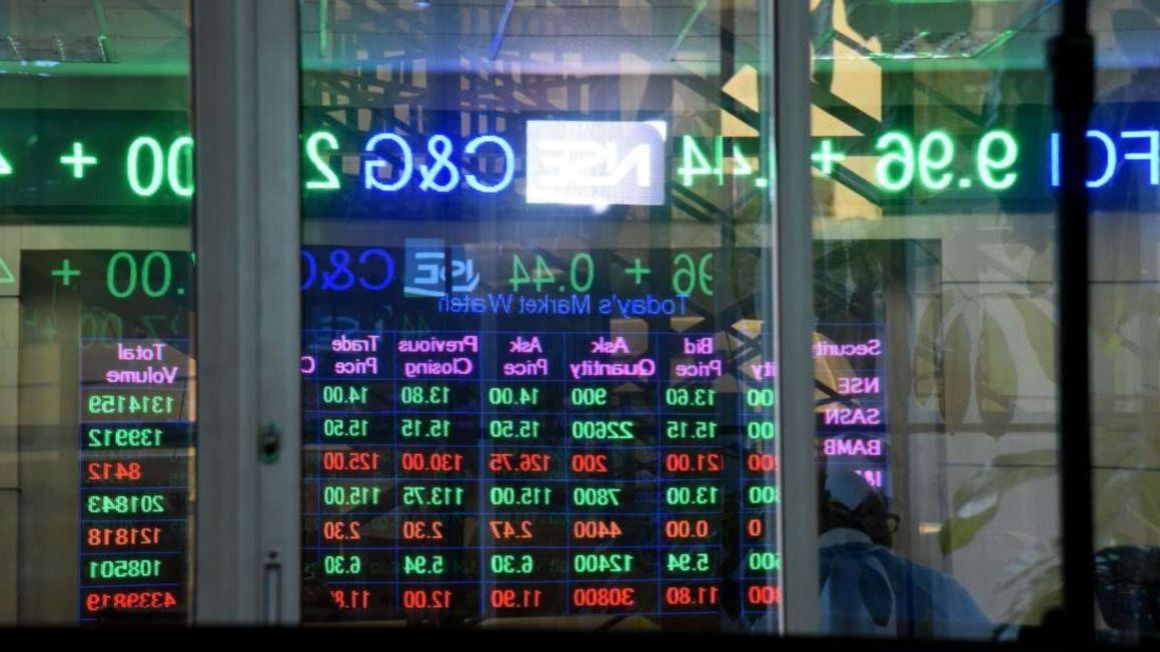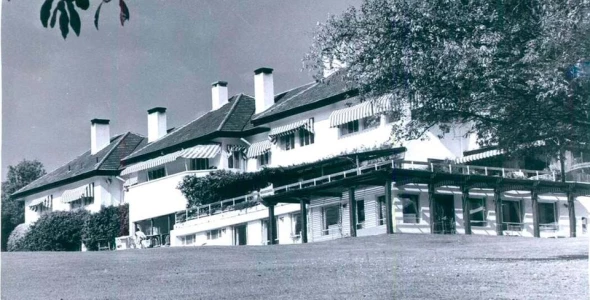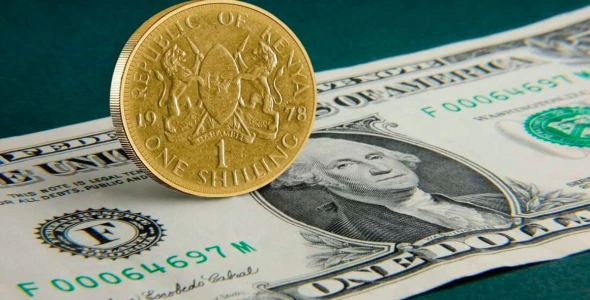Follow us on Facebook
Blog Details

- 03 Jan, 2022
- 868 Views
- Source : Admin
Where top investors made money in 2021
Medium term to long-term government bonds offered investors the highest returns this year out of the main asset classes in a period the economy started recovering from the ravages of Covid-19.
The debt securities auctioned this year had fixed interest rates of between 9.49 percent and 13.44 percent, giving investors guaranteed income over their holding period.
Government bonds became a shelter for many investors starting last year when the outbreak of the pandemic sent share prices diving and broke the rally in the value of real estate that had been going on for more than 15 years.
The 20-year bond auctioned in August came with the highest interest rate of 13.44 percent while the two-year paper sold in January bore the lowest interest rate of 9.49 percent.
An investor who put in Sh1 million in the longer-dated paper will earn interest income of Sh134,400 annually before taxes while the same amount allocated to the short-term paper will bring in Sh94,900 per annum before taxes.
Listed equities offered investors the second-best returns, posting gains of 11.91 percent as of Wednesday based on the movement in total market capitalisation.
The market value rose to Sh2.6 trillion from Sh2.3 trillion at the beginning of the year, with most of the gains generated by Safaricom which dominates the performance of the Nairobi Securities Exchange-listed stocks.
Investors with a heavy allocation to Safaricom are likely to have captured most of the gains, with the telco accounting for Sh190 billion out of the Sh278.3 billion market cap increase.
The telco’s share price increased 13.1 percent over the review period to Sh38.75, generating capital gains besides the dividends of Sh0.45 and Sh0.92 per share that the company paid on March 31 and August 31 respectively.
Investors whose portfolio tracks the Nairobi All Share Index (NASI) meanwhile booked slightly lower returns of 10.37 percent as portfolios reflecting the NSE 20 Share Index gained a mere 1.65 percent, underlining the wildly divergent returns in the stock market.
Money market funds, which mainly invest in government debt securities, offered the third best returns of between 5.17 percent and 9.9 percent.
There are also wide variations in the performance of individual funds, with top performers generating nearly double the returns of some laggards.
Treasury bills offered the fourth best returns of between 6.47 percent and 8.34 percent, depending on the specific security, with the 364-day treasuries auctioned at the start of the year accruing the highest interest of 8.34 percent.
The debt instruments were followed by fixed bank deposit accounts which paid an average of 6.35 percent this year. Fixed bank deposits are predominantly used by cash-rich firms and high-net-worth individuals.
Land outside the capital Nairobi was the next best performer and had appreciated by 5.5 percent as of September, according to real estate firm HassConsult. Rental charges in Nairobi followed, rising 3.5 percent.
Interest on bank savings accounts stood at an average of 2.76 percent, continuing the long-running trend of producing some of the lowest returns among cash-based investments.
These accounts are mainly used by individuals, saving for various objectives such as paying school or building emergency funds.
Dollar-denominated offshore accounts posted returns of 2.5 percent for investors who mainly comprise pension funds and other asset managers.
Land prices in Nairobi had appreciated by a meagre 0.82 percent as of September, underlining the lingering impact of the pandemic on property values.
Real estate took a beating in the wake of the health and economic crisis, with several prominent funds suffering losses and defaulting on their investors.
There was also an increase in auctions of land and buildings as households suffered from a mix of job losses, pay cuts and business failures.
Properties in Nairobi were sold at an average of 1.1 percent below their previous peak values according to the HassConsult report, making the capital’s buildings the worst performing asset class this year.
Investors looking to the new year can continue to count on government debt paper to offer fixed and guaranteed returns, with the State continuing to borrow heavily from the domestic market to fund its budget.
The outlook for stock market returns has improved amid the growing economy and corporate earnings as the initial shock of the pandemic recedes.
The general election in August next year and how investors respond to the potential political uncertainty will be one of the issues to watch out for besides the sentiment of foreign investors who dominate trading on the NSE .
The real estate market is set to benefit from the economic recovery that is expected to revive demand for family homes, commercial and industrial properties.
The economy grew 10.1 percent in the second quarter, buoyed by removal of coronavirus-related restrictions. The economy had shrunk 4.7 percent in similar quarter last year.









